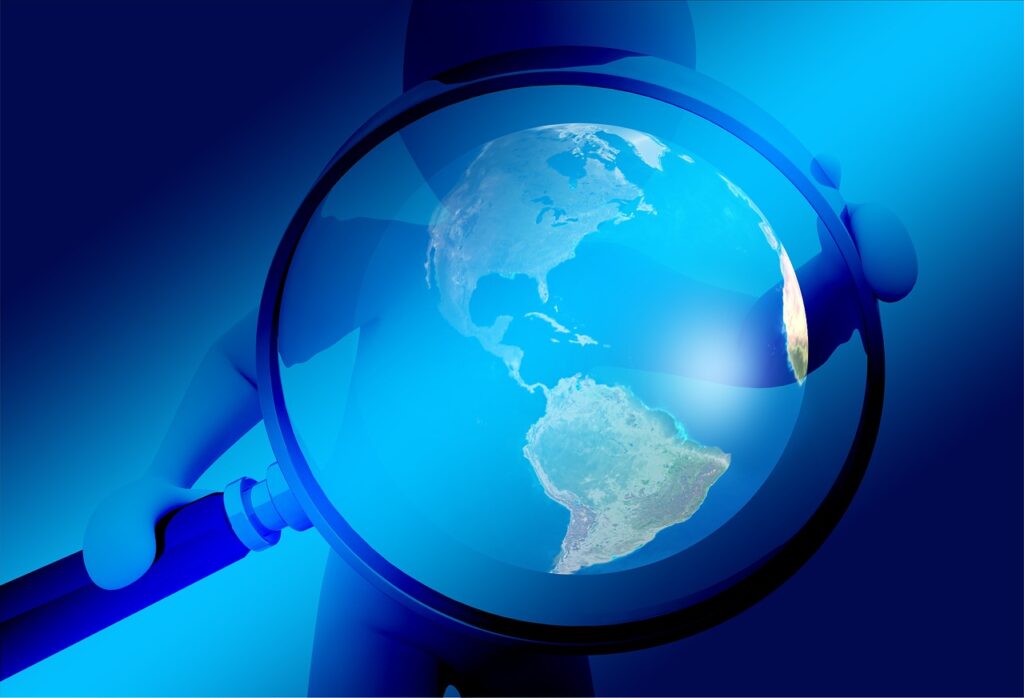What is Flexible Leadership Being flexible is the capability of readily changing (Merriam-Webster, n.d.)1. In…
Headhunters and FBI Profilers
*Image Source: Pixabay
Headhunters and Profilers. These two fields of endeavor seem to be worlds apart yet have powerful similarities.
These professional detectives of today both search for people based on certain criteria. Headhunters search for the perfect fit, the ideal candidate with the right profile for one job, while profilers search for a criminal or profile individuals who might be perpetrators of a crime. Both are hunters.
When did the career of headhunters begin?
A soldier was the first headhunter. This soldier began recruitment ‘headhunting’ after World War II. He recommended other soldiers with specialized skills sets that are significant to this field. Headhunting began in this fashion. Now, the recruitment industry has broadened its scope with each specific area.
Headhunting as a business in the area of recruitment came from North America to Europe in the 1950s. The end of World War II created a need for jobs in industries because of the advancement in technology as well as an increase in industrialization. Thorndike Deland, the “Executive Search “proponent, created the idea of potential candidates filling possible jobs, contrary to the traditional waiting of potential applicants reporting to jobs. Traditionally, headhunting means filling up of senior position jobs.
When did profiling begin?
An unsolved kidnapping case in California was the impetus of the creation of the would-be FBI’s Behavioral Analysis Unit. Howard Teten and Patrick Mullany faced resistance from colleagues who did not hold the same perspective on how to solve crimes during their times. Teten hypothesized that the perpetrator of a crime can be determined by looking at the crime scene. Thus, the birth of profiling.
Skills That Headhunters and Profilers Need To Have: Listening and Watching
Listening Skills
Headhunters must be great listeners. Listening carefully to both the job seeker and the client will make headhunters understand their needs. The more a headhunter listens to them, the more that a headhunter will find out. The more that a headhunter knows about the client and the job seeker, the easier it is to find the perfect match.
Profilers also need to read people accurately and this can be done if they are good listeners. A profiler can deduce that an individual is dangerous is through observing his behavior. Watching and listening are great tools in order to obtain significant pieces of information.
Relationship Building Skills
A headhunter is in people business. He deals with a plethora of people on a day to day basis. He must love meeting new people and turn these meetings into networking activities. It is significant to have great skills in relationship building as one can build trust and confidence with both clients and job seekers.
Profilers, when they profile people, should be above the regular person when reading them. Thus, a profiler must have great skills in building relationships as well.
Decoding Body Language: observing and analyzing people behavior
Having the capacity to interpret the body language of other people provides benefits as it allows the headhunter to feel how others are feeling without them telling one.
Profilers are great in detecting the real meaning of what other people way. A person would seem to be living a life of perfection. He might have a daily job, a good father, a loving husband, and a great team player. But behind that facade, a lurking sadist and rapist are seething with hate devising the next crime he plans to do. FBI profilers must be able to decode body language.
Headhunters assess job seekers if they are good potential candidates for their clients. There are instances when a potential candidate is lying, thus headhunters must know when a candidate is telling the truth or not.
Tools Used By Headhunters and Profilers
Psychological testing or assessment is an extremely significant way of evaluating candidates during a search. This is extremely important, especially when hiring poorly can result in a loss in a great amount of money.
The similarity between headhunters and Profilers is very profound as both deal in search of a certain group of people. Headhunters search for executives or potential candidates for their clients while Profilers find perpetrators of a crime. Both need skills in doing their task, such as listening skills, relationship building skills, as well as decoders of body language. Above all, they must act with maturity, passion, using sound judgment, objectivity and gathering information, trusting themselves.




